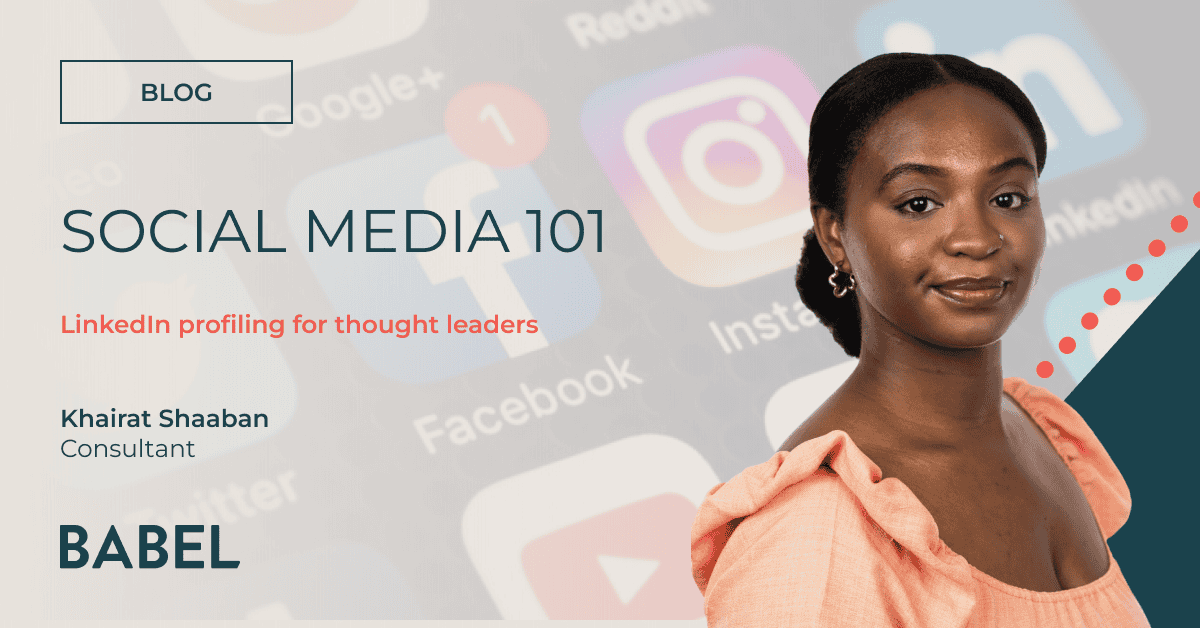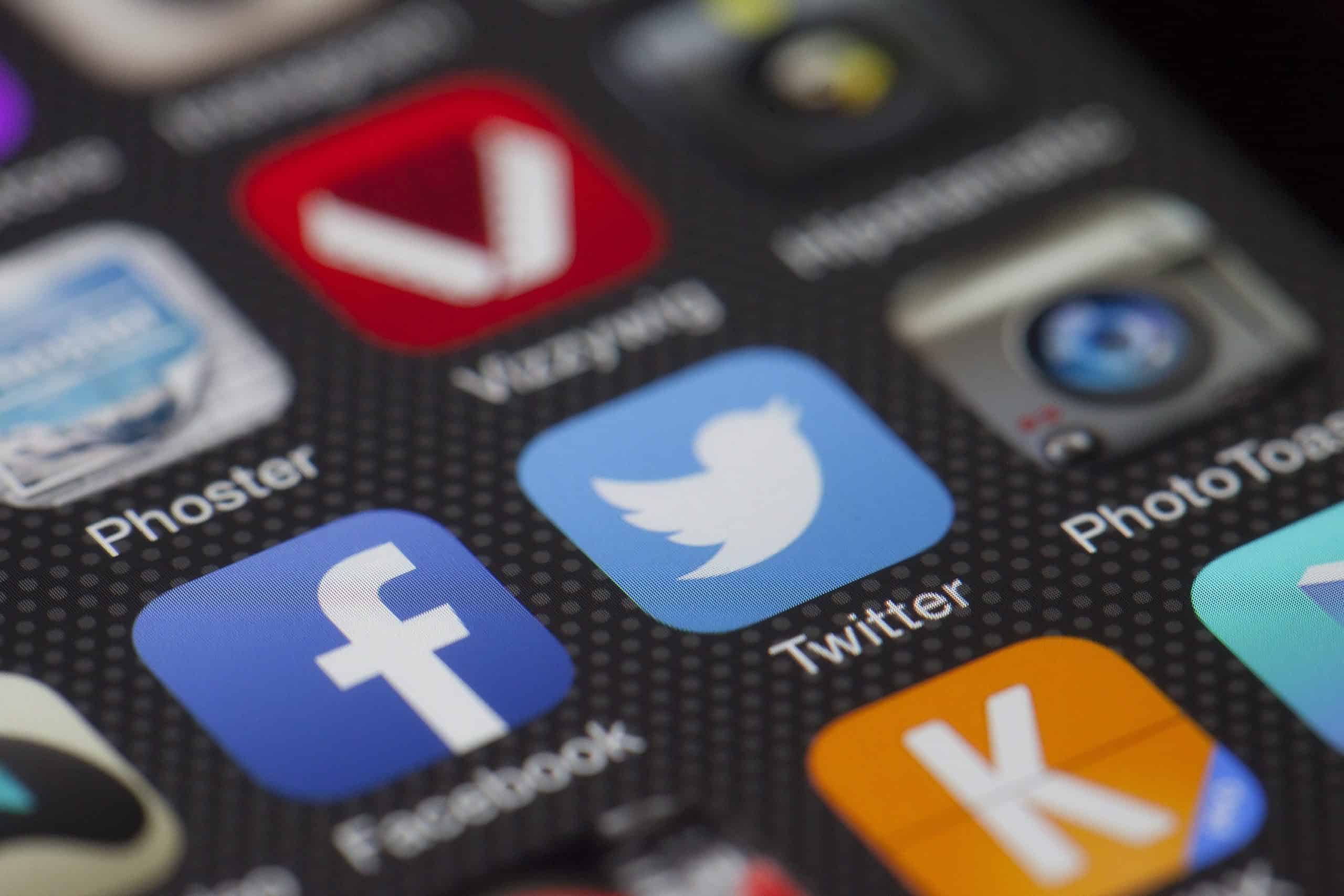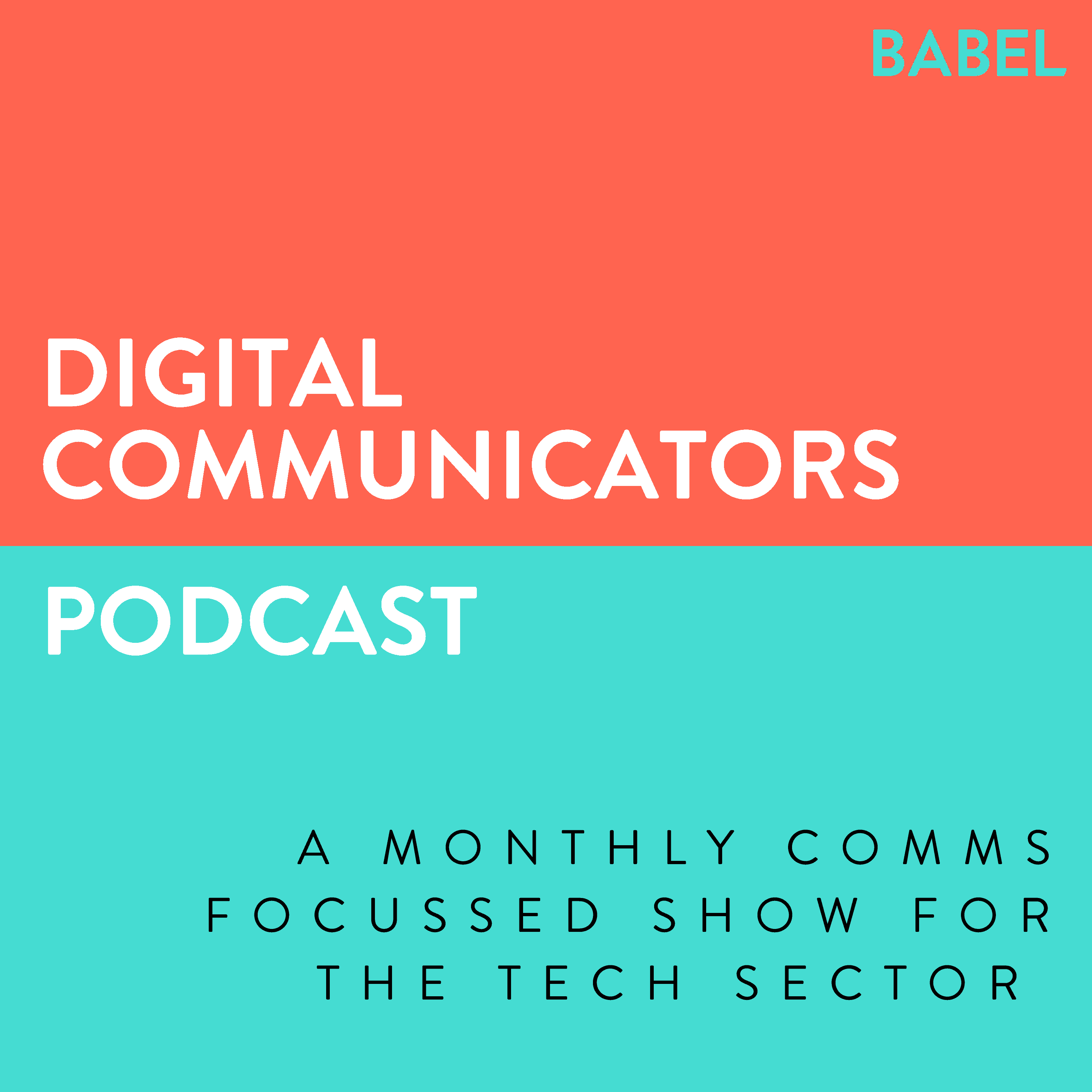Social media: the beans on toast of PR
Before technology allowed everyone, consumers and brands alike, to broadcast their reactions to every major and small event possible, the management of brand reputation seemed a slower, more controlled affair. PR departments first emerged around 130 years ago, when businesses were only beginning to realise the value of the work PR consultants did in terms of maintaining and managing brand image. But we've come a long way since then - social media and PR are now important parts of most business agendas. Companies are held accountable and what's more, they are placed under a magnifying glass, under constant scrutiny.
We've reached a point where everything public figures and brands do today can be taken apart and thrown back at them tomorrow. Most of us have seen or have even been a part of a Twitter discussion about a brand's mishaps. While it was quite amusing, the latest Heinz Baked Beans controversy is an apt example of how the smallest of things, one tweet about one bean to be exact, made national headlines in the UK. It's not the world's biggest mystery as to how the customer ended up only having one bean in his tin can (most likely a production failure of some sort), but this particular event highlighted the need for brands to always be ready. Companies can never truly know when something might happen that could stir the public's attention.
From the moment social media became a part of our daily lives, it became obvious that it would be both an opportunity and a concern. Brands could suddenly reach consumers directly and communicate with them on a regular basis, with their accounts functioning as their own media channel through which to cultivate fans and broadcast their message. Becoming a trending topic on Twitter is now comparable to making the national TV news headlines.
Beyond consumers, social media platforms have also become a path for brands to reach relevant journalists and influencers - something I personally have experienced within my role in PR and media relations. By engaging these parties on social media, companies can raise awareness of their brand, and position themselves as a thought leader in their field.
On the flip side, brands and enterprises have also become more open and vulnerable to criticism that could spread like wildfire if left unmanaged. During a crisis, being bombarded by negative comments, critics, and sometimes even trolls can be overwhelming. Due to a lack of preparedness, brands will often make snap decisions and respond in a way that, further down the line, could be more damaging than if they hadn't said anything. The speed of social media can often take brands by surprise, particularly when creating and posting content can involve lengthy approval processes, or they lack the expertise and resources to effectively manage social accounts.
One of the more notable examples of social media mismanagement took place last year and involved American pizza restaurant chain, Papa John's. The company issued an apology video for a controversial racist slur from its founder and chairman, who somehow failed to actually apologise. It's fair to say that the public was not too impressed with the 'Thank you for your anger' response. At the heart of Papa John's backlash was its failure to fundamentally understand what its fans wanted from them - which was just a simple 'we're sorry'.
Social media has also given rise to the 'cancel culture', where consumers actively boycott celebrities or brands to damage their reputation and business. The effects of this trend have varied - in some cases, the brand's social media account has been met with a stream of negative comments and insults, while in other cases, its number of followers has decreased.
Last year, Nike's affiliation with Colin Kaepernick, the NFL player who refused to kneel during America's national anthem, resulted in people posting videos of Nike products being destroyed on social media. But at the same time, there was division of opinion amongst its fans, with some supporting the association. Either way, whether intentional or not, this controversy was a source of heated discussions for months. While measuring direct impact from the sales perspective is difficult, there have been several instances where a brand or an influencer has been deemed too toxic to partner with, causing brand deals and advertising to be pulled.
YouTube is constantly faced with this issue and has to ensure its influencers and content are advertiser-friendly, resulting in the company having to actively update its policies and guidelines. Cancel culture can cause monetary loss, without even going into the public image impact it may have on the person or brand itself. In short, social media keeps us all on our toes and we must be ready to respond to a crisis. Prior preparation and planning is crucial if this is to be executed successfully.
Integrating social media into brand strategies is one of the essential parts of our PR work. Consumer businesses have often led the way with social, but B2B companies must also fully understand the impact it can have with brand reputation and be able to address it.
The first step in this journey is to see where your strengths and weaknesses are - with a social audit. If you would be interested in seeing how your brand stacks up, and refreshing your social media strategy get in touch and see how we can leverage your business' assets in the digital society.







